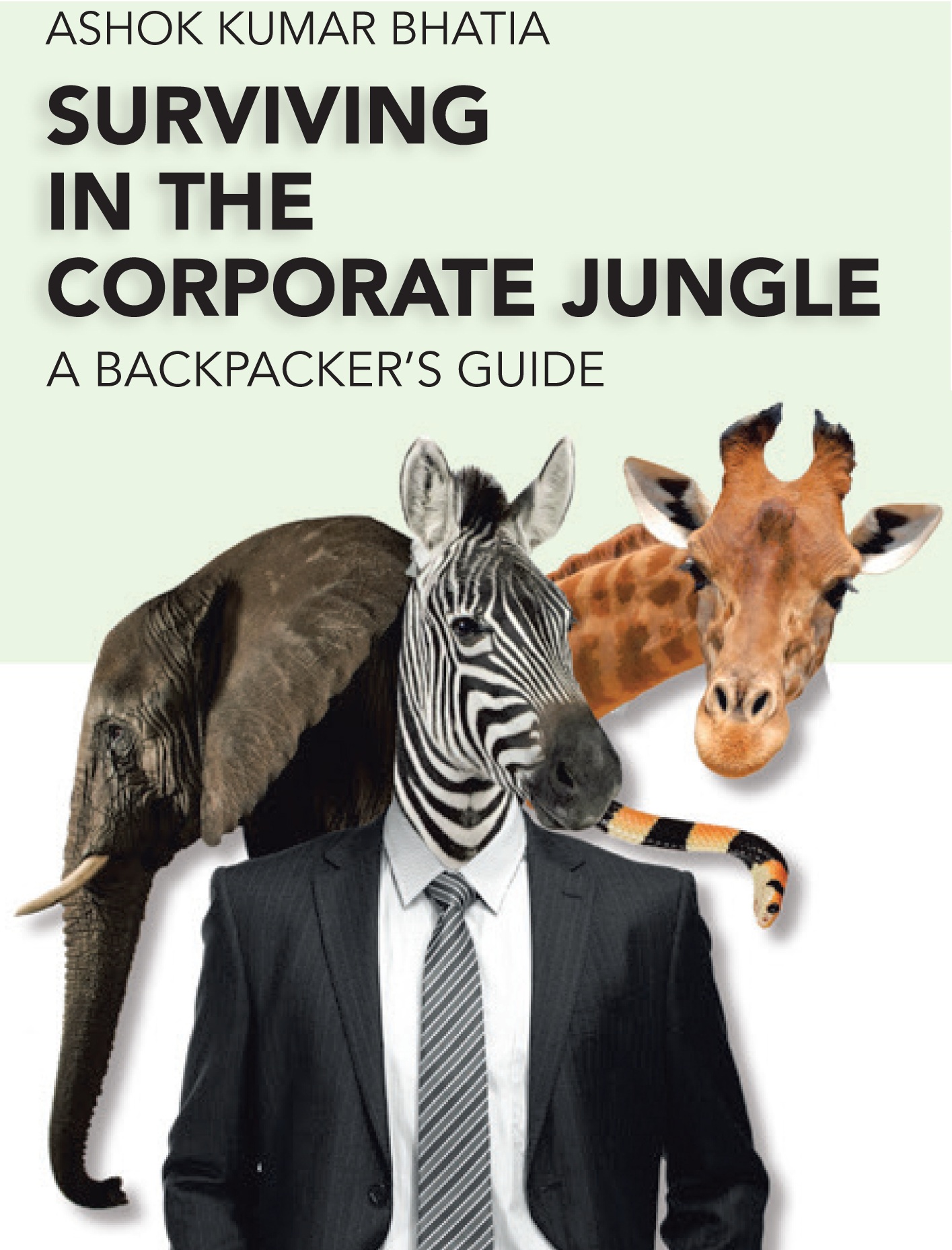The year 2020 is turning out to be an extraordinary challenge for individuals, families and businesses. Coronavirus has spread several other viruses – those of fear, uncertainty, hunger, jobs, lack of physical interactions in education as well as in life, and the like.
The pandemic has left traditional business models in a shambles. Supply chains have got disrupted. Businesses have shut shops. Industries with some core strengths have diversified into newer markets and products. The first priority happens to be that of servicing the critical requirements of customers while shielding the employees to the extent possible.
Economies the world over have taken a severe beating. For a vast majority, sources of income have simply vanished overnight. The virus has exposed, yet again, the fault-lines in our health, social and economic infrastructure.
The Innate Goodness in Humanity
Many amongst us have already turned cynical towards a proposition of this kind and believe that human beings are selfish. Being bombarded relentlessly by the propaganda mills run by shameless politicians, a TRP-chasing media and movie directors who keep churning out dark and depressing flicks, we often end up taking a jaundiced view of people and events around us.
Rutger Bregman, the popular Dutch historian, in his book Humankind, argues otherwise. He points out that there is a spontaneous coming together of people immediately after any natural disaster. He says that ‘cooperation has been more important in our evolution as a species than competition. What we assume in other people is what we get.’
Walter Scheidel, in his book, The Great Leveler, argues that throughout human history, the following four kinds of disasters have led to economic equality: wars, revolutions, pandemic and state collapse. Each of these, he proposes, results in excess mortality, thereby creating a shortage of working hands and, as a consequence, a general rise in incomes.
A ‘X’ Shaped Recovery?!
However, the proposition is arguable. Take the case of the pandemic stalking us at present. It is true that it strikes all and sundry. But to say that the loss of livelihoods and economic hardships faced is the same across different income levels and business verticals would be wrong. Social biases, disparity in access to quality education, health and networking and a non-level playing field for small businesses to cash in on newer opportunities in the environment – all these play spoilsports. With each disaster faced by humanity, the inbuilt inequalities and fault lines only end up getting reinforced. The plight of the millions of Indian migrant labourers who travelled long distances on foot to reach their homes during April and June 2020 cannot be erased from our collective memory easily.
Credit Suisse economist Neelkanth Mishra speaks of four classes in the society: government, wage earners, informal enterprises and formal firms. For 2020-21, he has attempted to examine which group bears how much of the overall GDP loss. In these computations, 50% of loss is borne by the government, 25% by the wage earners and 10% each by informal and formal firms. Looking beyond 2020-21, a growth slowdown will be unequally distributed between these groups.
Recovery in the economy would not be as rapid as the slowdown has been. From the computation done by Mishra, it appears that it would neither be a ‘V’ or a ‘W’ shaped one. Perhaps, a ‘X’ shaped recovery is in the offing.
A Silver Lining in the Corona Virus Cloud
Broad sweeping generalizations of a situation could also hide some silver linings in an otherwise gloomy-looking cloud. According to a study done by Badri Narayan, a social historian and cultural anthropologist and, Director, GB Pant Social Science Institute, major challenges also tend to bring out the innate goodness in human beings.
He has interviewed 215 quarantined rural migrants in the Indian states of Uttar Pradesh and Bihar. The respondents were from a diverse set of castes like dalits, other backward classes and upper castes.
By way of a conclusion, he states that ‘Caste is deeply ingrained in our social system….. but an emergency like a pandemic gives jolts and shocks to it.’
In other words, when it comes to handling overwhelming challenges, caste considerations normally take a back seat. This indicates a possibility of the pandemic facilitating better social unity and cohesion, an idea which deserves to be explored further. This proposition fits in well with the views of Rutger Bregman.
The underlying need is to build resilience and inclusivity across the vast socio-economic spectrum of our society. Our politicos, economists and social activists appear to be missing a road map to counter a strategic challenge of this kind.
(Part 4 of a series of articles on Corona virus and Leadership)
(Inputs from Prof G P Rao are gratefully acknowledged.)
(Image courtesy https://medium.com/@brca.iitdelhi/social-harmony-e7cbacc76287)
(Related Posts:
https://ashokbhatia.wordpress.com/2020/09/08/corona-virus-leadership-traits-and-human-values
https://ashokbhatia.wordpress.com/2020/09/14/corona-virus-some-lessons-from-bhagavad-gita)



